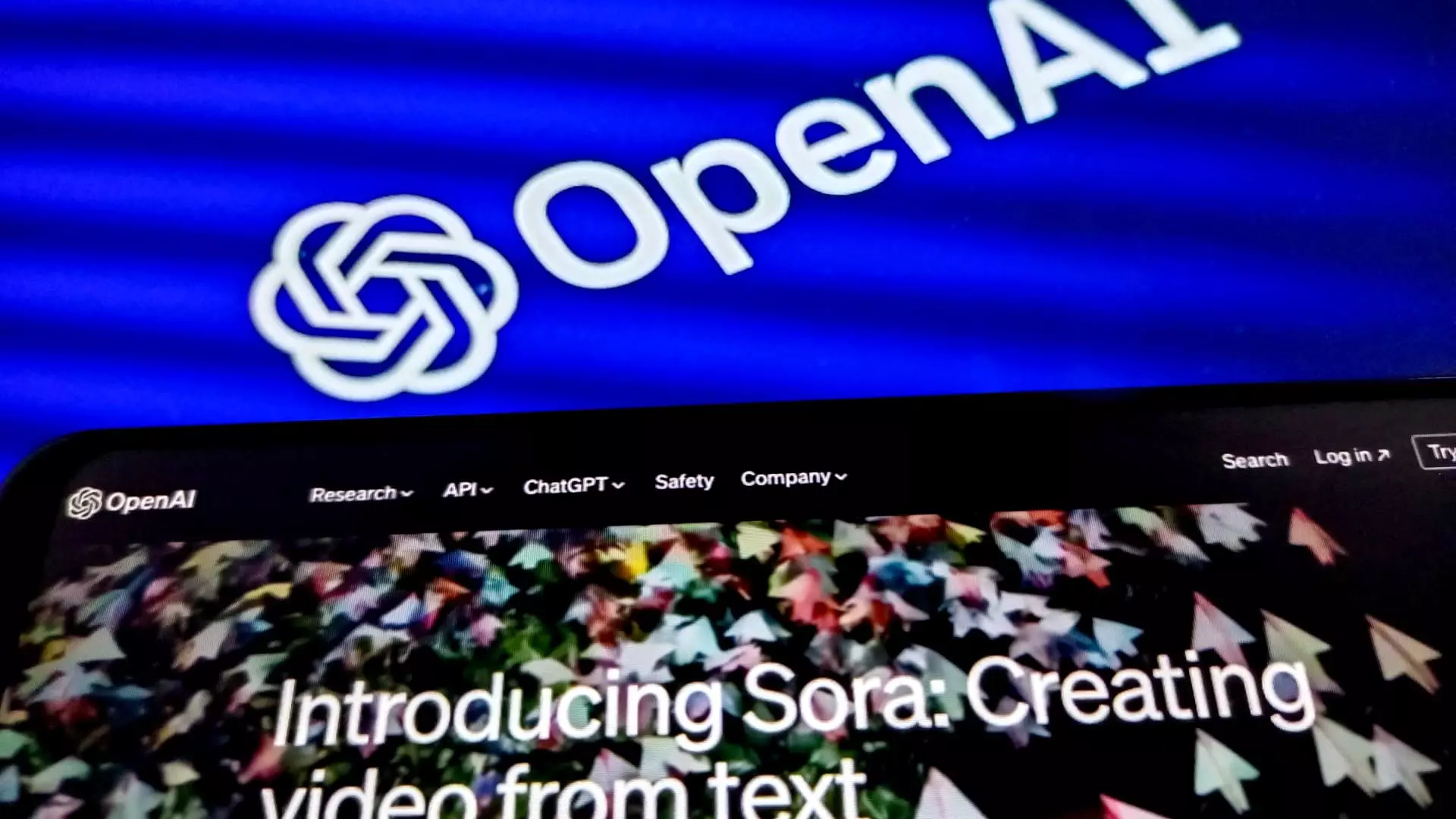In the rapidly evolving landscape of artificial intelligence, the recent shifts within OpenAI’s leadership have sparked concern among investors and industry observers. With the company reportedly in the midst of finalizing a substantial funding round, it faces both the challenge of executive departures and the imperative to maintain investor confidence in its trajectory. The resignation of high-profile figures such as Chief Technology Officer Mira Murati has generated notable headlines, but amid this turbulence, the firm continues to assert its robust foundation and promising future.
Investor Assurance from OpenAI’s Leadership
Sarah Friar, OpenAI’s Chief Financial Officer, has moved to alleviate concerns among its investors following the news of Murati’s exit. In a personal email shared with stakeholders, she emphasized that despite the leadership changes, the company boasts a substantial and capable team that is primed to steer OpenAI towards its ambitious goals. This message reflects an acute awareness of the insecurities that often accompany shifts at the executive level, especially in a technology firm as influential and closely watched as OpenAI.
Friar’s missive included commendations for Murati’s contributions over her six years at the company, notably acknowledging her brief stint as interim CEO, which illustrates the high regard in which she is held. Her departure is particularly significant, given her integral role in developing OpenAI’s technology and strategy during her tenure.
The Context of Leadership Departures
The exit of multiple executives from OpenAI paints a picture of potential instability within the organization. Alongside Murati’s departure, the loss of key research figures and co-founders such as John Schulman and Ilya Sutskever raises questions about the company’s internal dynamics and future direction. While such turnover can lead to a disruption in operations, it can also signal a transformative phase that prepares the company for new challenges and opportunities.
The dominance of AI in the tech sector emphasizes the necessity for firms to retain top talent. In this instance, however, OpenAI’s leadership remains optimistic about its future capabilities. The appointment of Mark Chen as the new Senior Vice President of Research and recognition of other capable leaders within the organization exemplify an ongoing commitment to innovation and advancement despite recent executive changes.
OpenAI’s ongoing fundraising efforts reflect the high stakes involved in the artificial intelligence race. With a target of $6.5 billion to secure, the firm aims to be valued at a staggering $150 billion. This round is notably oversubscribed, signaling robust interest from investors and a strong belief in OpenAI’s potential, even in light of recent leadership challenges. Thrive Capital’s planned investment of $1 billion is a testament to confidence from the investment community, underscoring that the company is more than the sum of its executives.
In her communication to investors, Friar emphasized the strategic focus on building sustainable revenue models while remaining dedicated to expanding the reach of AI technologies. This dual commitment reflects a long-term vision that extends beyond isolated leadership stumbles and addresses the broader picture of organizational growth and technological advancement.
To maintain momentum and foster investor confidence, OpenAI is set to conduct a series of calls aimed at introducing key players from its product and research teams. This initiative not only serves as a platform for engagement with investors but also reinforces the company’s proactive stance in reinforcing relationships and transparency.
Moreover, as Sam Altman, the CEO and co-founder, downplayed rumors regarding disproportionate equity stakes amid the uncertainty, it becomes evident that OpenAI is committed to transparent governance and responsible management practices. This openness bodes well in an essential period of transition, simultaneously reassuring investors and elevating the morale of the workforce.
As the organization steers through this pivotal juncture, OpenAI’s response to emerging challenges may well define its reputation and sustainability moving forward. The interplay between leadership changes, investor sentiment, and market dynamics presents a complex landscape for the company to navigate, yet its foundational principles of innovation and strategic focus remain intact, shaping the way ahead.

